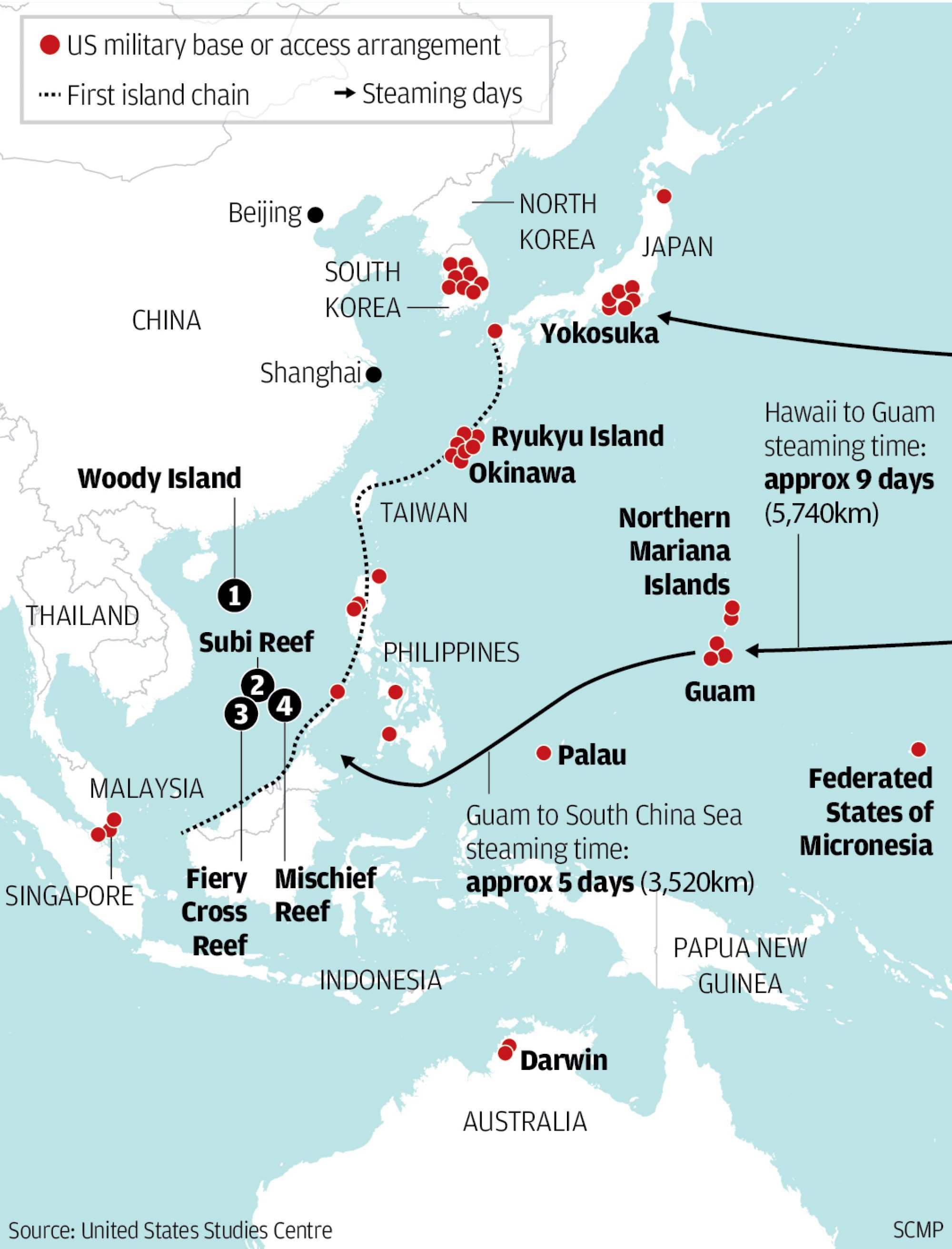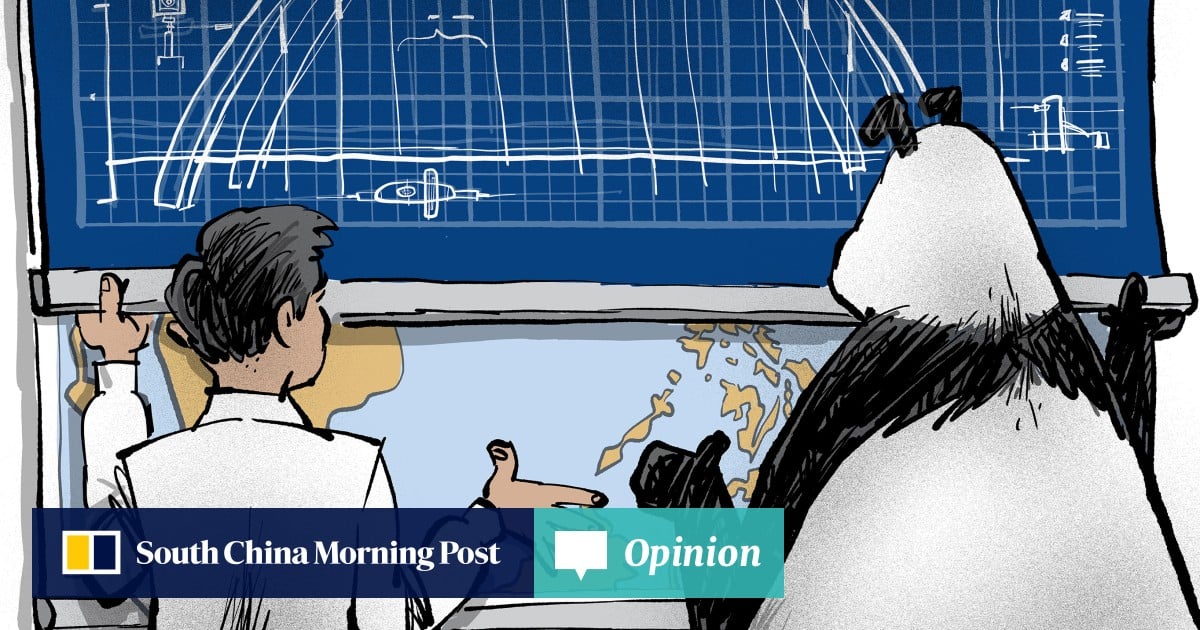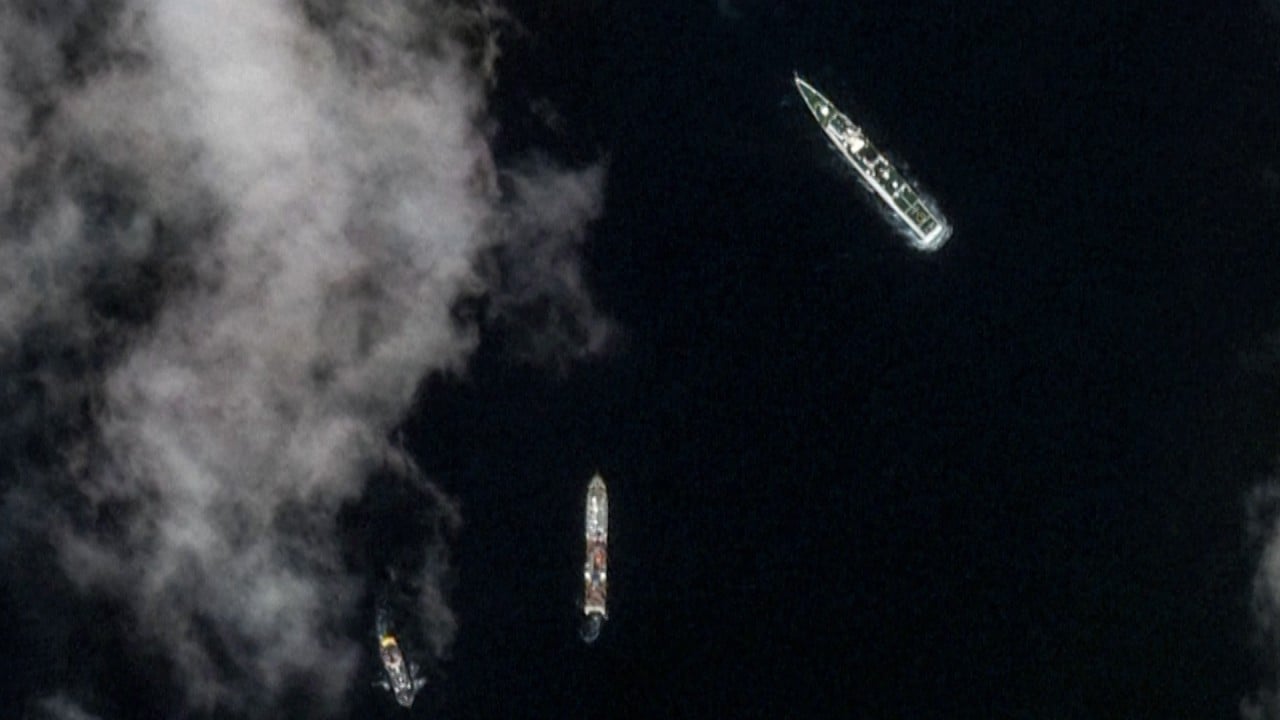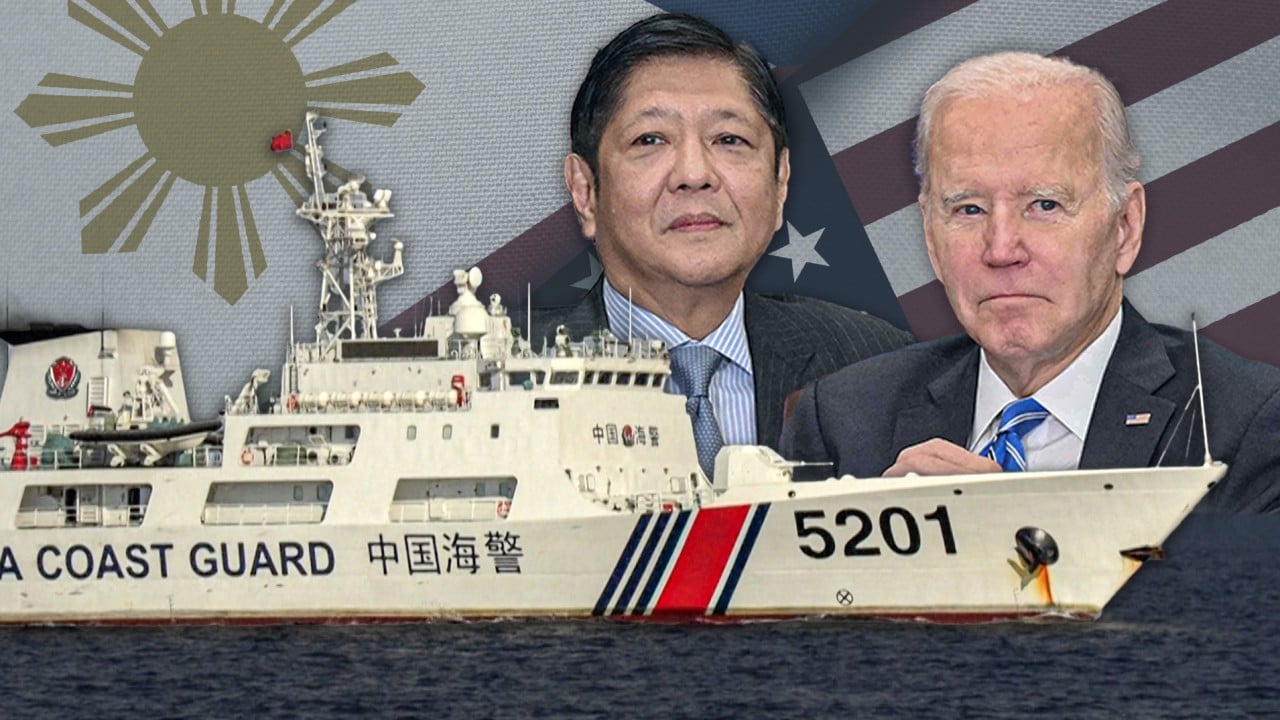By reiterating his country’s benign intentions and a commitment to diplomatic engagement with China, Marcos provided a path towards de-escalation.
The Philippines could also ease tensions by reconsidering any massive expansion in American soldiers on its soil, or the introduction of Japanese troops, especially in areas close to Taiwan. In turn, Beijing could dial down its aggressive interceptions of Philippine patrols and resupply missions in the South China Sea.
But both sides emerged with different interpretations of the visit. For China, it represented the first step of a long diplomatic dance with a new Filipino president who had sent mixed signals throughout his election campaign. In the Philippines, the visit ended up strengthening China hawks in the administration, facilitating a major foreign policy reboot.

The upshot is a perilous “security dilemma” dynamic, with each side inadvertently escalating tensions by ostensibly acting in self-defence. Instead, both sides should consider the following quid pro quo confidence-building measures:
On its part, the Marcos administration can recalibrate the parameters of the EDCA, namely the size and nature of America’s military presence in the northern Philippine provinces. It should also reconsider granting the Pentagon access to strategic bases, including in Mavulis near Taiwan or Thitu Island in the Spratlys, while reassessing any plans to grant Japanese troops rotational access to Philippine military facilities.
This could go hand in hand with the relocation and reorientation of some of the major Philippine-US military drills near the South China Sea and Taiwan.
On its part, China has to accept the reality that the Dutertes are no longer in power and that any conventional Filipino president is in no position to compromise on core sovereign interests. After all, most Filipinos, along with the US-trained defence elite, favour a strong stance in the South China Sea in tandem with allies.
Thus, Beijing should refrain from aggressive tactics in the South China Sea, which only reinforce anti-China sentiments, push Manila into Washington’s embrace and risk a region-wide armed conflict.
How Philippines’ domestic politics can affect South China Sea tensions
How Philippines’ domestic politics can affect South China Sea tensions
Above all, China and the Philippines should explore genuinely mutually beneficial economic deals, especially in public infrastructure development and manufacturing, which would go a long way in helping to de-escalate tensions.
The Philippines is intent on showing it is not a pushover, but is also signalling its willingness to pursue a mutually beneficial understanding with China. Effective management of the South China Sea disputes will allow China to display its benevolence as a regional superpower and provide the foundation for regional peace and prosperity.
Richard Heydarian is a Manila-based academic and author of Asia’s New Battlefield: US, China and the Struggle for Western Pacific, and the forthcoming Duterte’s Rise




